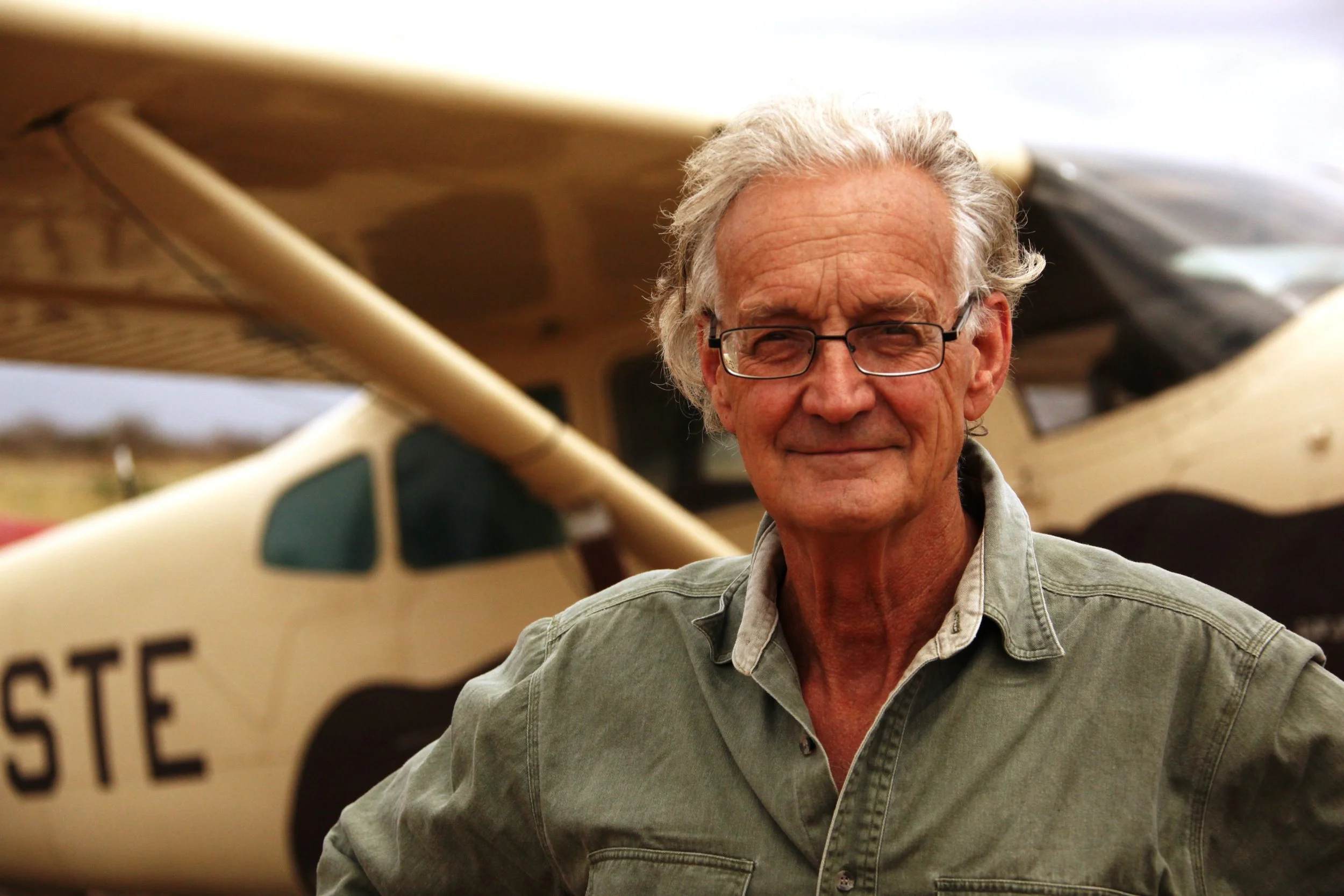Denmark Launches Roadmap To Transform Food System to Be More Plant-Based
The Danish government is the first in the world to develop a plant-based action plan that aims to increase the uptake and production of alternative proteins to help tackle climate change.
The government of Denmark has published a “milestone” action plan which aims to make its food industry more plant-based.
Studies have shown that plant-based diets emit half the greenhouse gas emissions as animal-based foods, so a shift to more plant-forward foods is seen as an effective and healthy way of helping to tackle the climate crisis. This has led to governments around the world to begin implementing steps to help encourage more sustainable food choices.
Now, Denmark has marked a milestone in such plant-forward policies, with the world’s first full action plan to advance the production and consumption of plant-based food in the country.
The Danish government’s 40-page Action Plan for Plant-Based Foods outlines an extensive range of areas, including increasing consumption in public sector kitchens, education of professionals, export activities, production and processing, agricultural raw materials, and research and development.
Jasmijn de Boo, CEO of food awareness organization, ProVeg International, called the move “a huge step forward in the fight against climate change”.
De Boo said she expects other EU countries to be emboldened by Denmark to publish their own strategies, particularly in the latter half of 2025 when Denmark will preside over the European Council.
Rune-Christoffer Dragsdahl, Secretary-General at the Vegetarian Society of Denmark, is also hopeful that other countries will follow Denmark’s “internationally groundbreaking” lead.
“Denmark is still a country famous for its agriculture, which is dominated by industrial animal production, so when a country like Denmark can make a plant-based action plan, supported by a broad majority in the Parliament, it should be possible anywhere in the world,” explains Dragsdahl. “My biggest wish is that many more countries will get inspired and start drafting their own plant-based action plans.”
The country also already has a separate Fund for Plant-Based Foods, which allots €100 million ($105m USD) to promote plant-based food and was launched earlier this year.
Eating For The Planet
The Food and Agricultural Organization (FAO) estimates that 14.5 percent of all human-caused greenhouse gas emissions are due to livestock farming. These emissions are largely carbon dioxide and methane, which are two of the largest contributors to global warming. Within this statistic, cattle alone are responsible for 65 percent of emissions.
Studies have reportedly shown that cutting down the amount of meat and dairy in your diet can make a big difference to your dietary footprint.
In fact, a global shift towards a plant-forward diet is necessary to combat the worst effects of climate change, according to the United Nations, and research from the University of Oxford shows that going vegan is the “single biggest way” to reduce your impact on the planet.
“A vegan diet is probably the single biggest way to reduce your impact on planet Earth, not just greenhouse gasses, but global acidification, eutrophication, land use and water use”, explained the University of Oxford study’s lead researcher, Joseph Poore. “It is far bigger than cutting down on your flights or buying an electric car.”
We Have A Favor To Ask…
Species Unite amplifies well-researched solutions to some of the most abusive animal industries operating today.
At this crucial moment, with worldwide momentum for change building, it’s vital we share these animal-free solutions with the world - and we need your help.
We’re a nonprofit, and so to keep sharing these solutions, we’re relying on you - with your support, we can continue our essential work in growing a powerful community of animal advocates this year.
More stories:
Species Unite
A collection of stories of those who fight the good fight on behalf of animals.






A new UN report uncovers a staggering truth: the two unsustainably managed industries are causing costly harm to the planet.